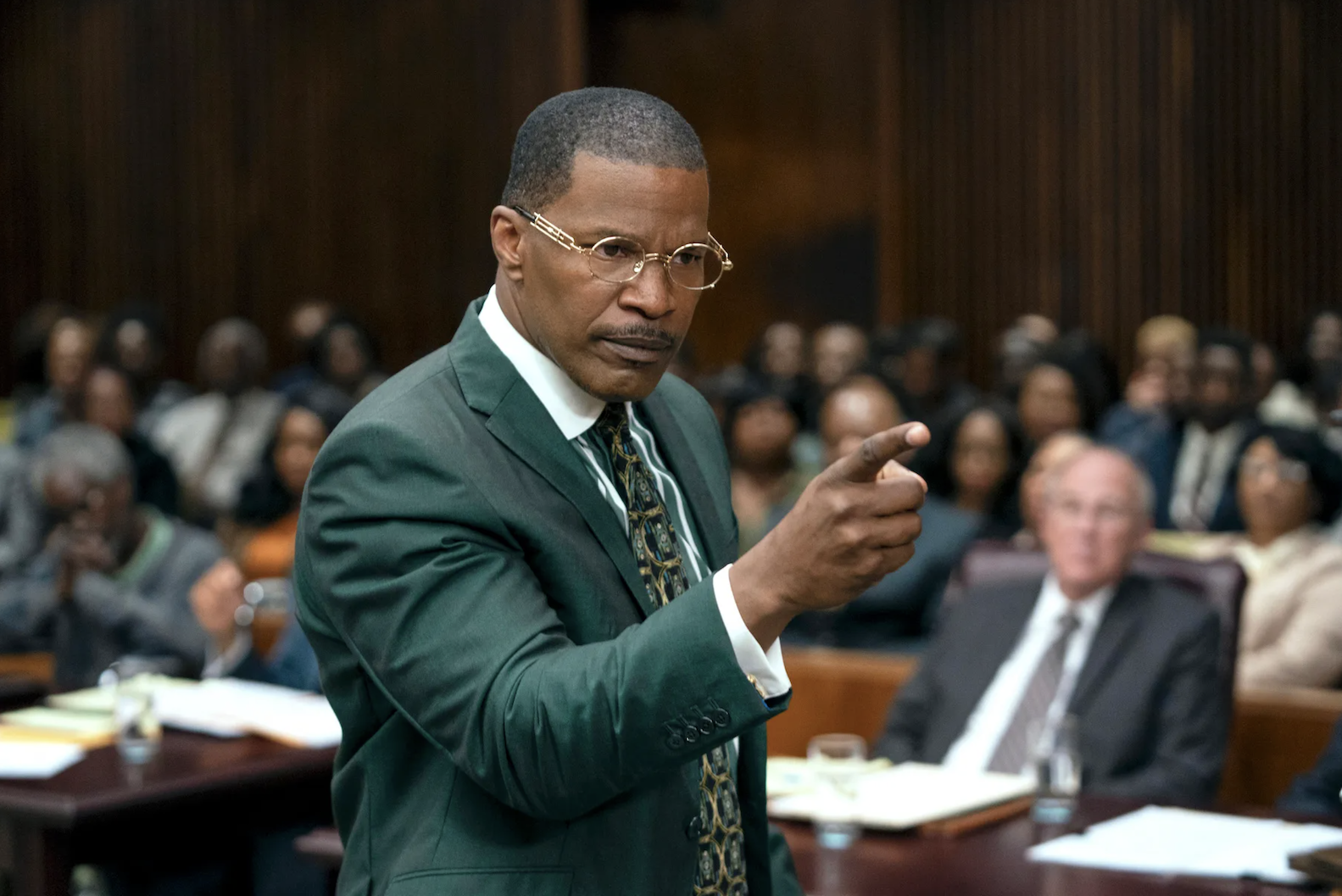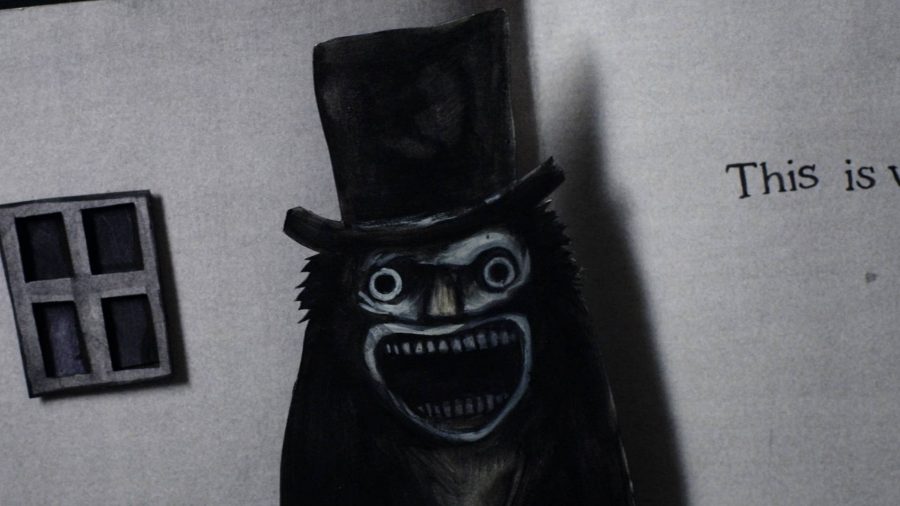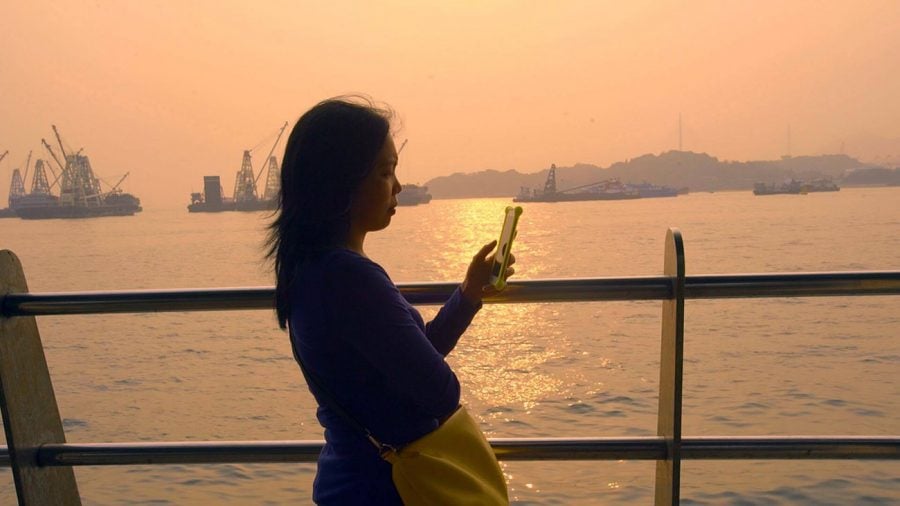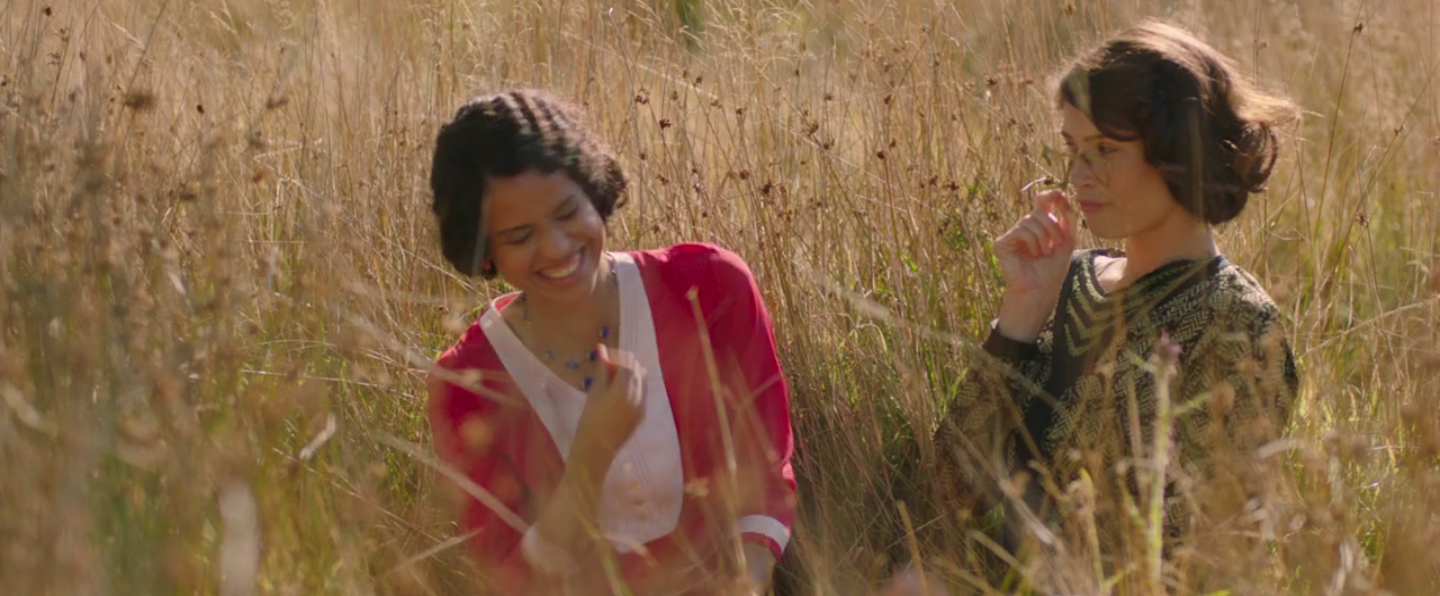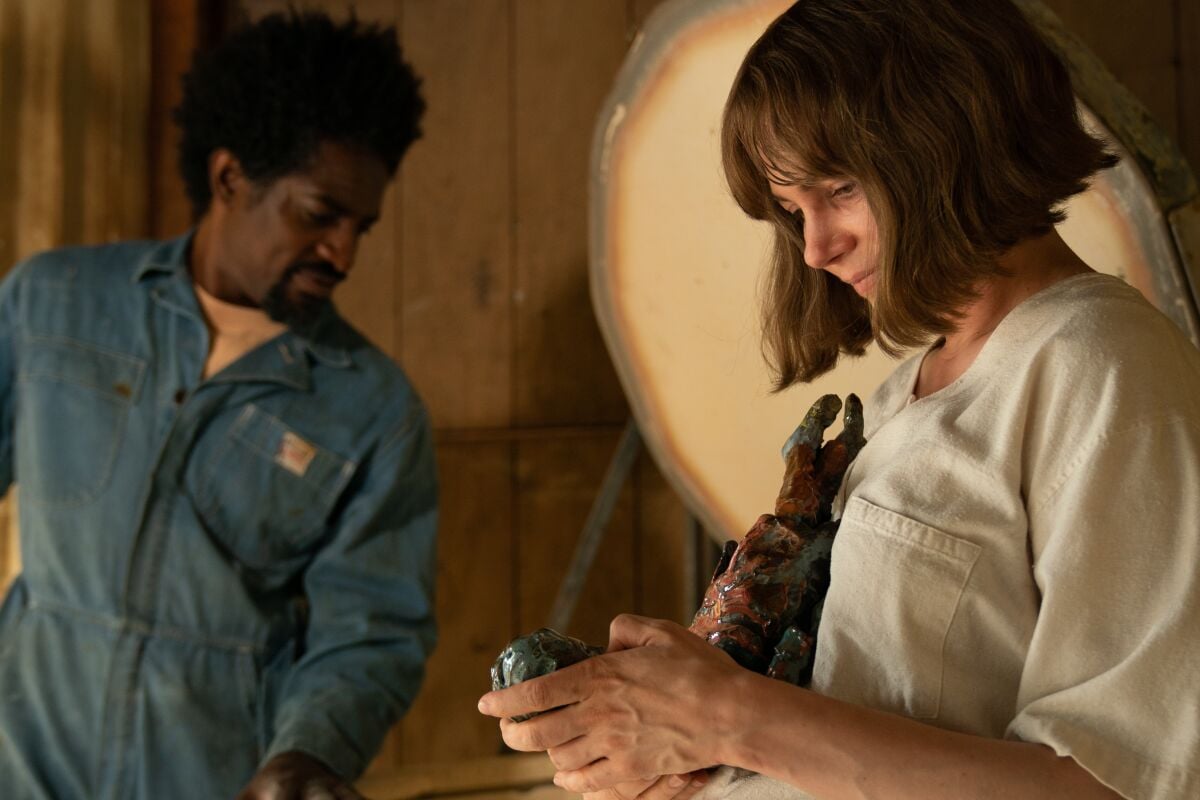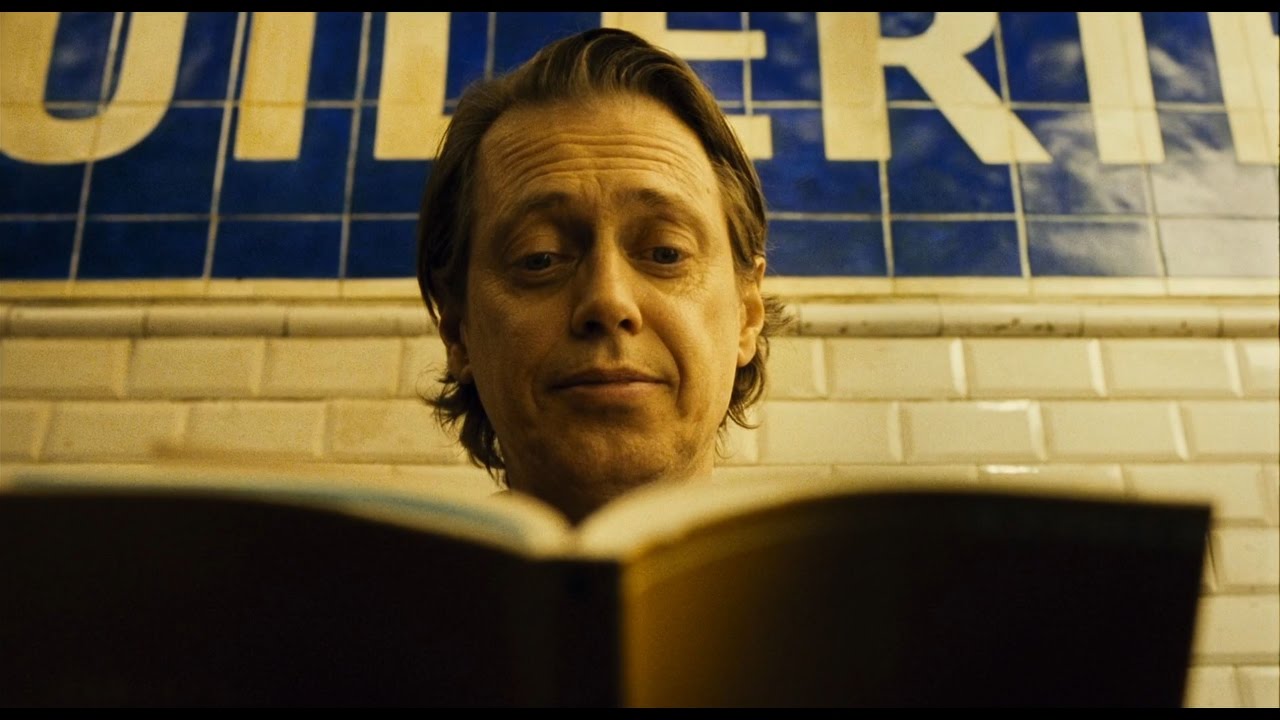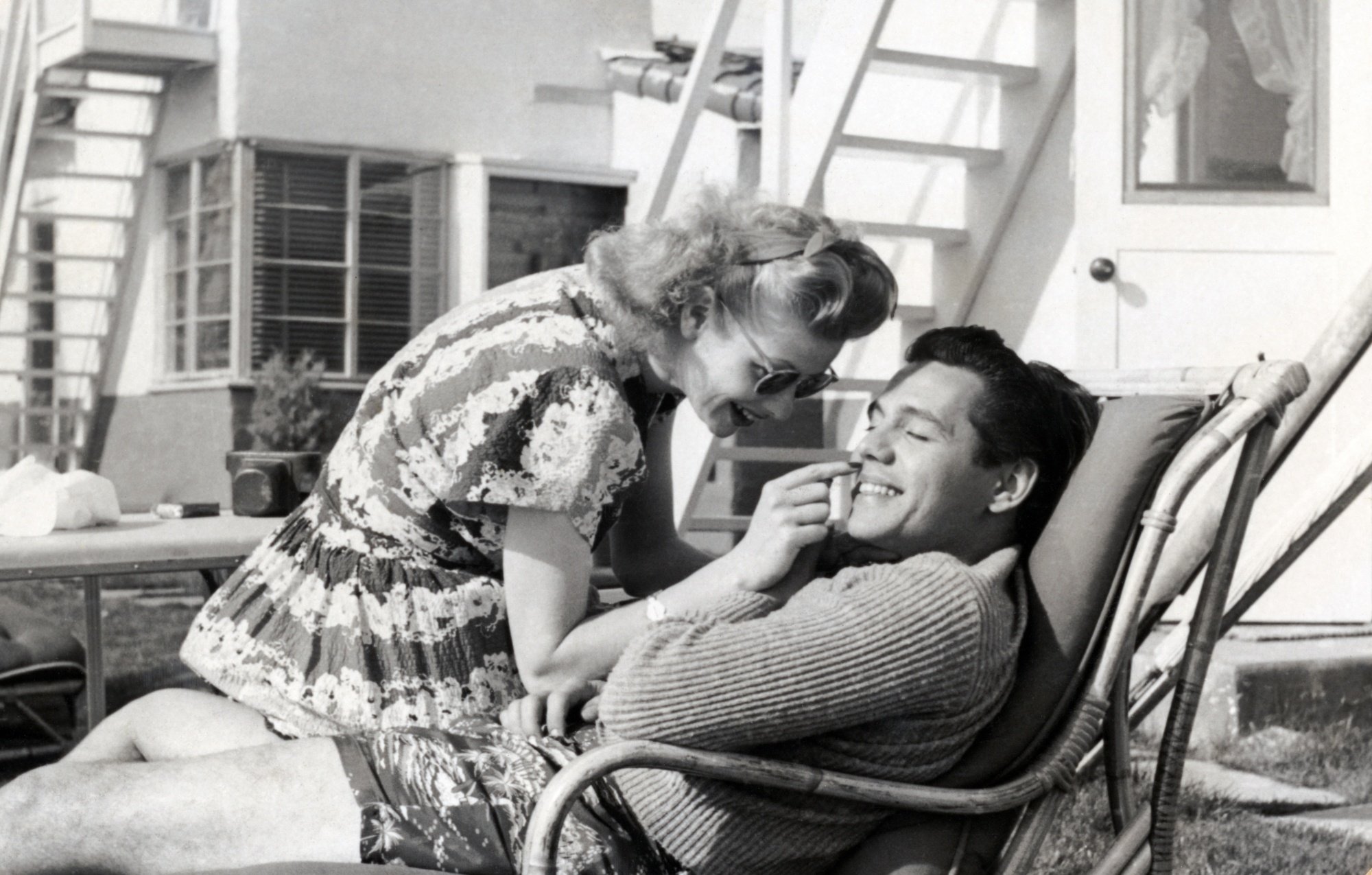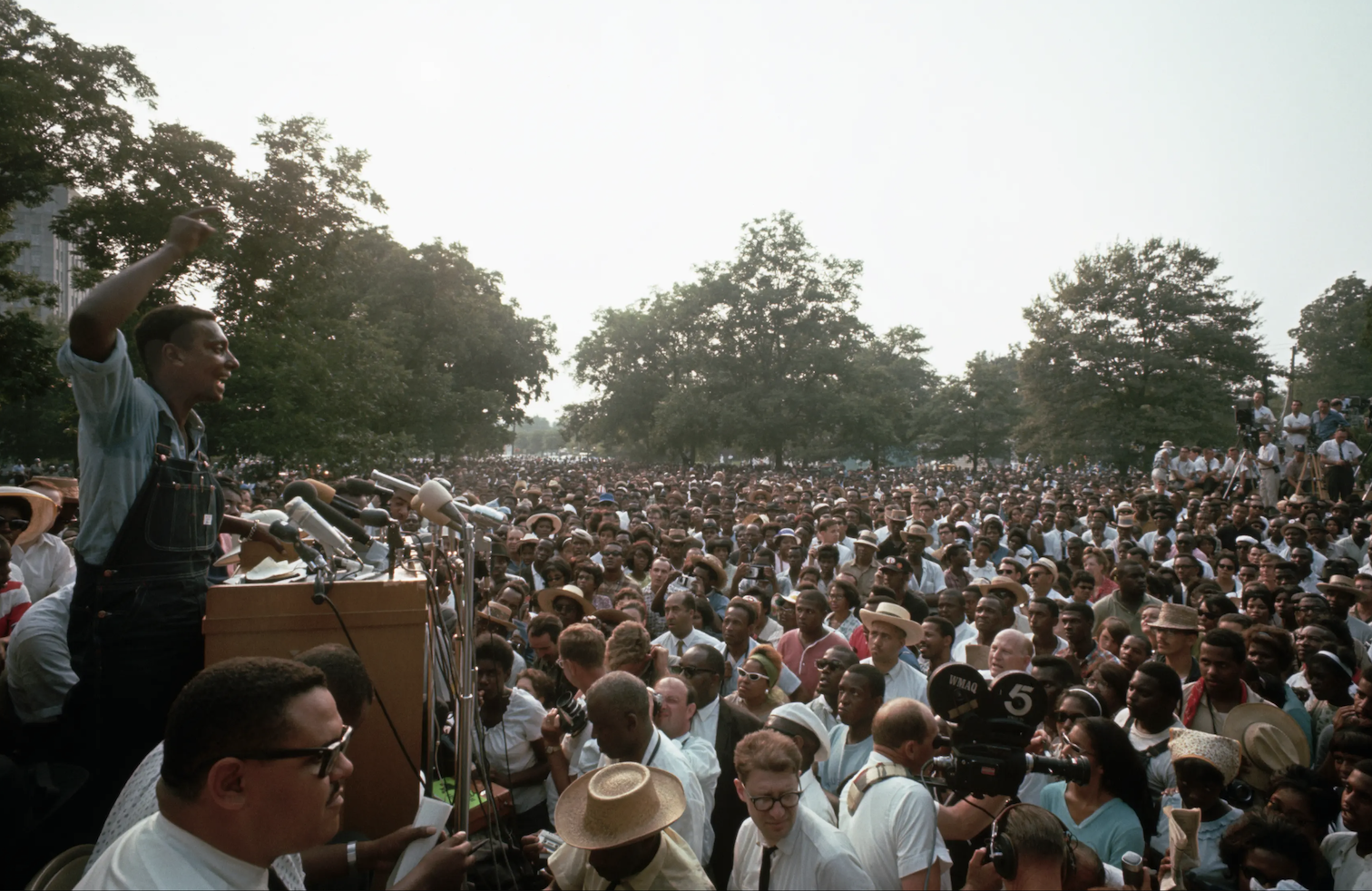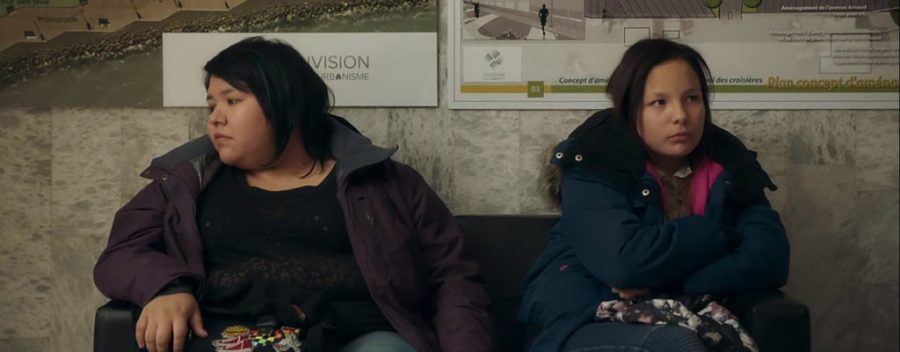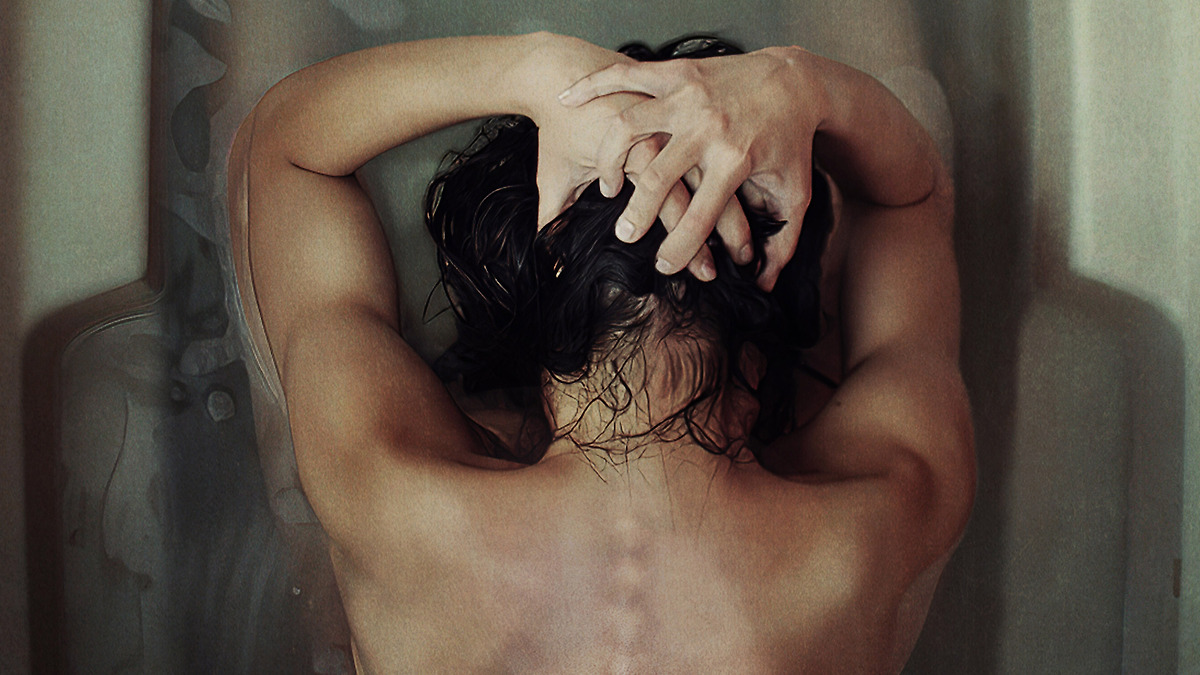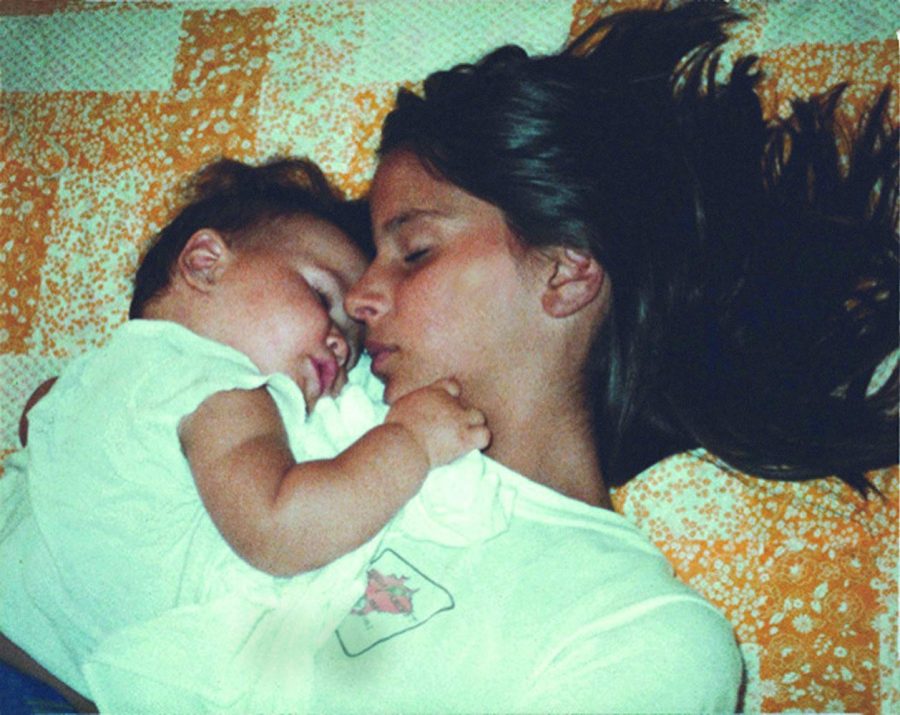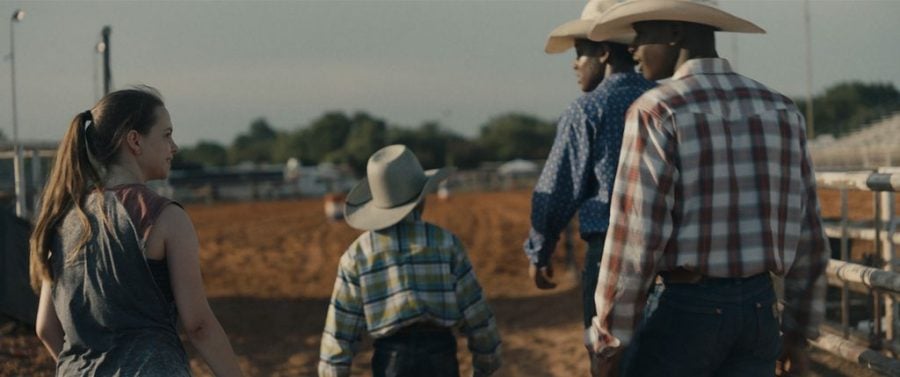Many people lament the decline of the mid-budget drama with Hollywood A-listers in the lead roles, and for good reason: when the charms of an inspirational, feel-good true story work, they really work. The Burial seems to have been made with this same, unabashedly sentimental attitude, and it makes for an endlessly watchable courtroom underdog tale. The film moves with real energy between its more comedic asides and its more urgent themes of underprivileged people being taken advantage of by wealthy companies. And while it still would've probably been effective as just a straightforward legal drama, the movie makes the effort to seek out a bigger picture—deepening its own title by grounding all its characters against complicated race relations in Mississippi.
Director and co-writer Maggie Betts doesn't stray too far from the template that these kinds of films operate with (perhaps to a fault, especially during its climactic moments), but the cast she's assembled is unimpeachable. Jamie Foxx turns in the kind of funny, energetic, deeply felt star performance that earned him an Oscar almost 20 years ago, while Tommy Lee Jones brings a powerful sense of modesty and centeredness to a role that could've easily taken a back seat to his flashier co-lead. Supporting turns from Jurnee Smollett and Alan Ruck round out a uniformly great ensemble that gives this small movie a commanding air of prestige.
Genre: Comedy, Drama, History
Actor: Alan Ruck, Amanda Warren, Andrea Frankle, B.J. Clinkscales, Bill Camp, Billy Slaughter, Christopher Winchester, David Alexander, David Maldonado, David Shae, Donna DuPlantier, Dorian Missick, Doug Spearman, Eric Mendenhall, Erika Robel, Evan Brinkman, Fracaswell Hyman, George Ketsios, Gralen Bryant Banks, Jalene Mack, Jamie Foxx, Jason Bayle, Jim Klock, Jurnee Smollett, Keith Jefferson, Lance E. Nichols, Logan Macrae, Lorna Street Dopson, Mamoudou Athie, Mike Harkins, Olivia Brody, Pamela Reed, Sam Malone, Summer Selby, Teisha Speight, Tommy Lee Jones, Tywayne Wheatt, Vince Pisani
Director: Margaret Betts

